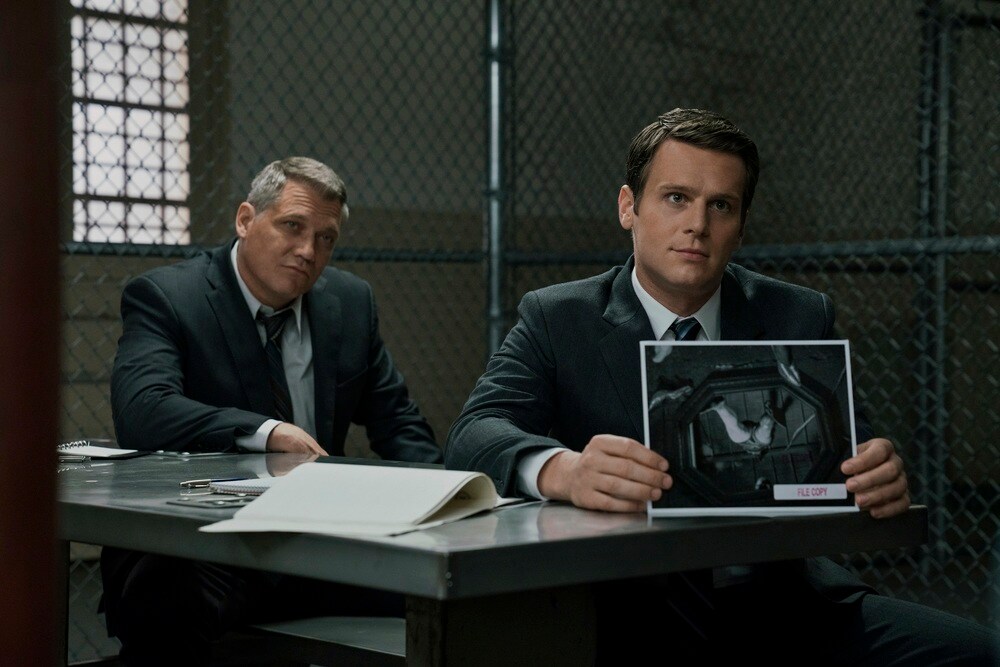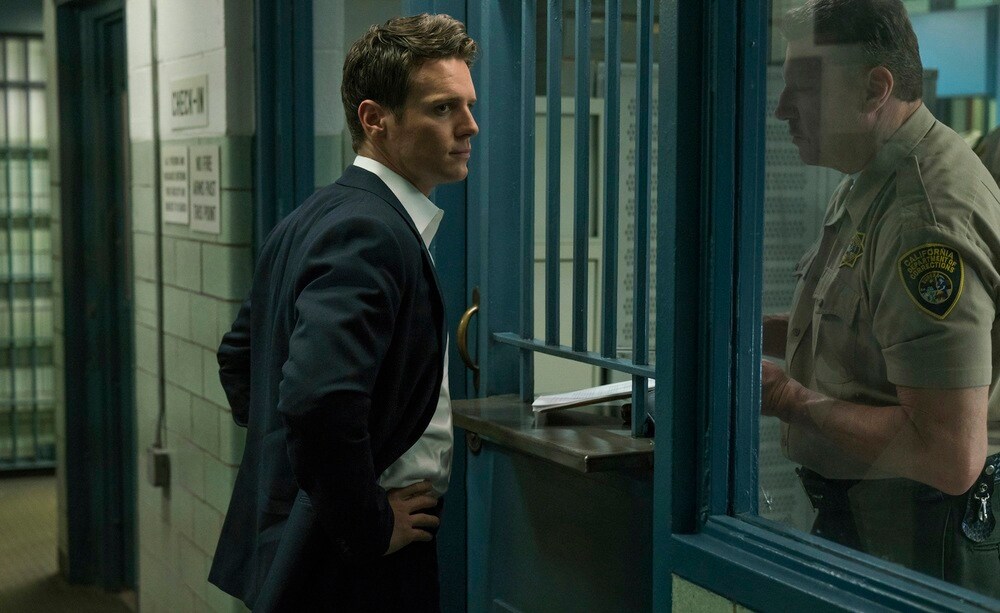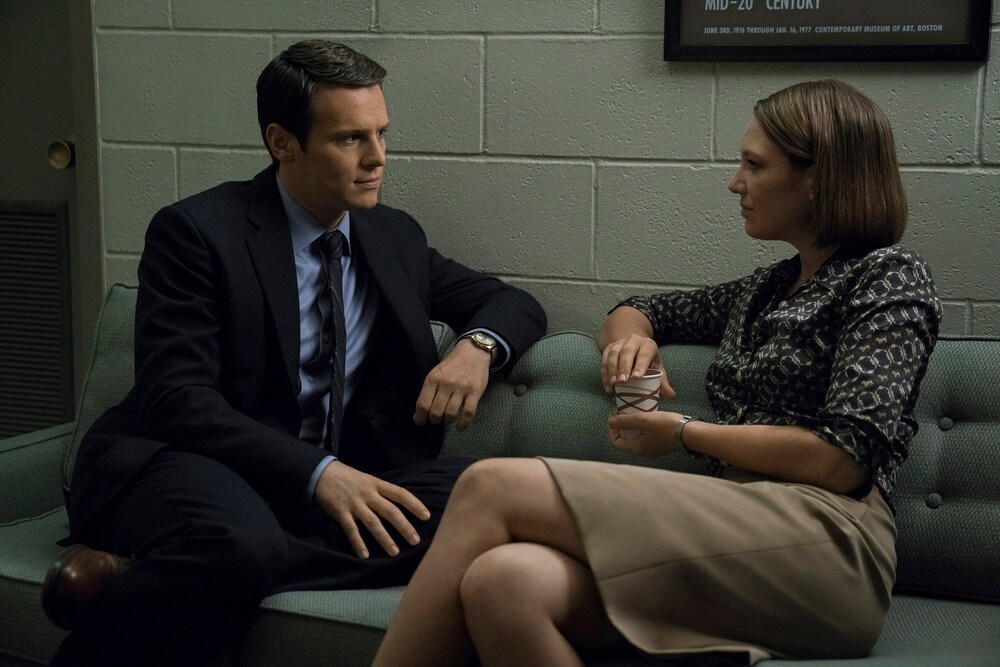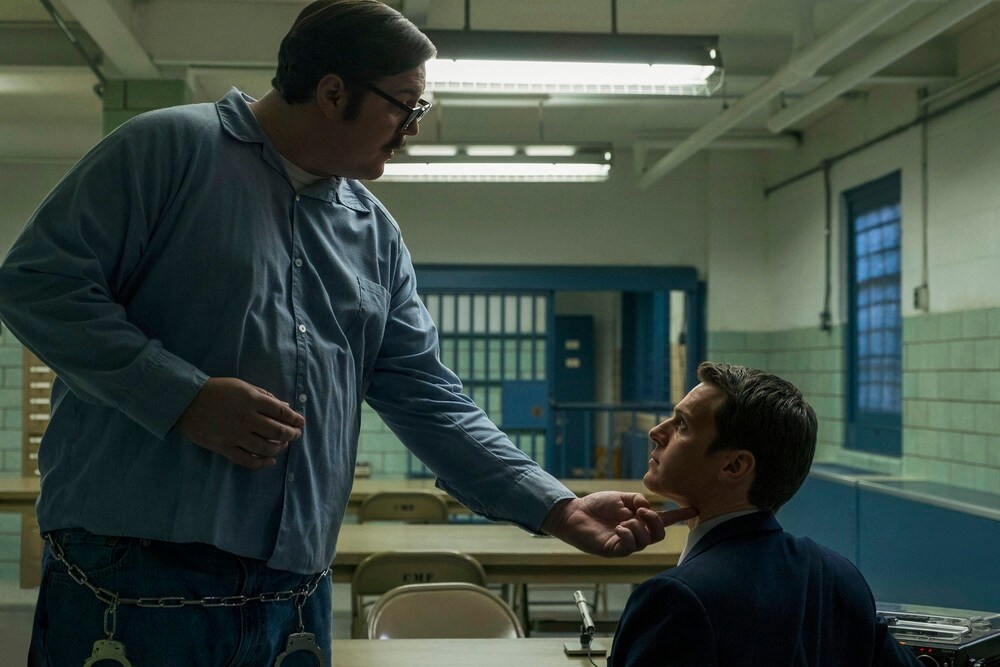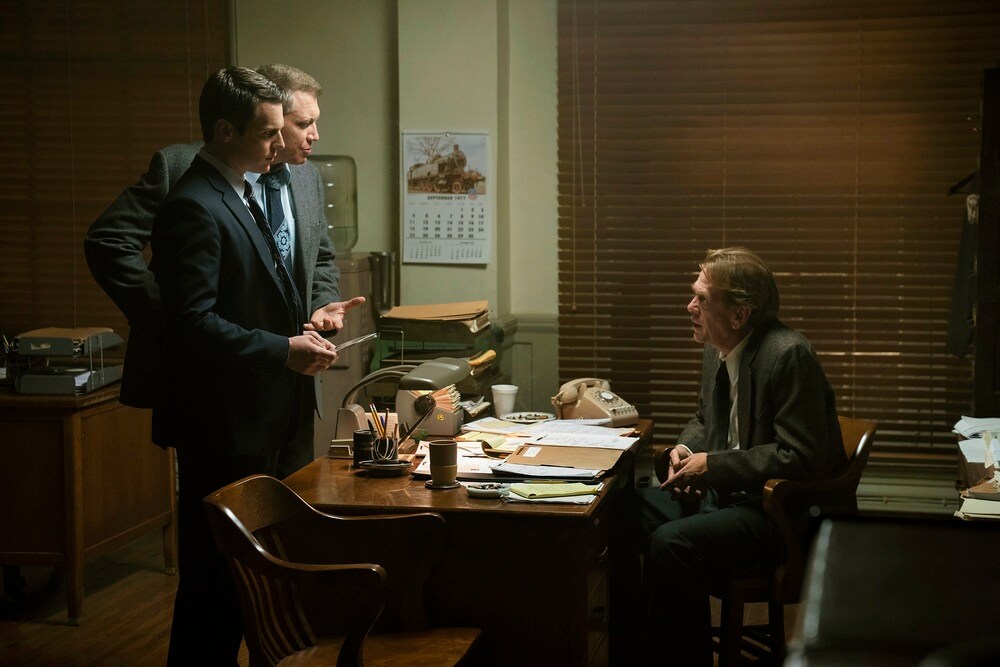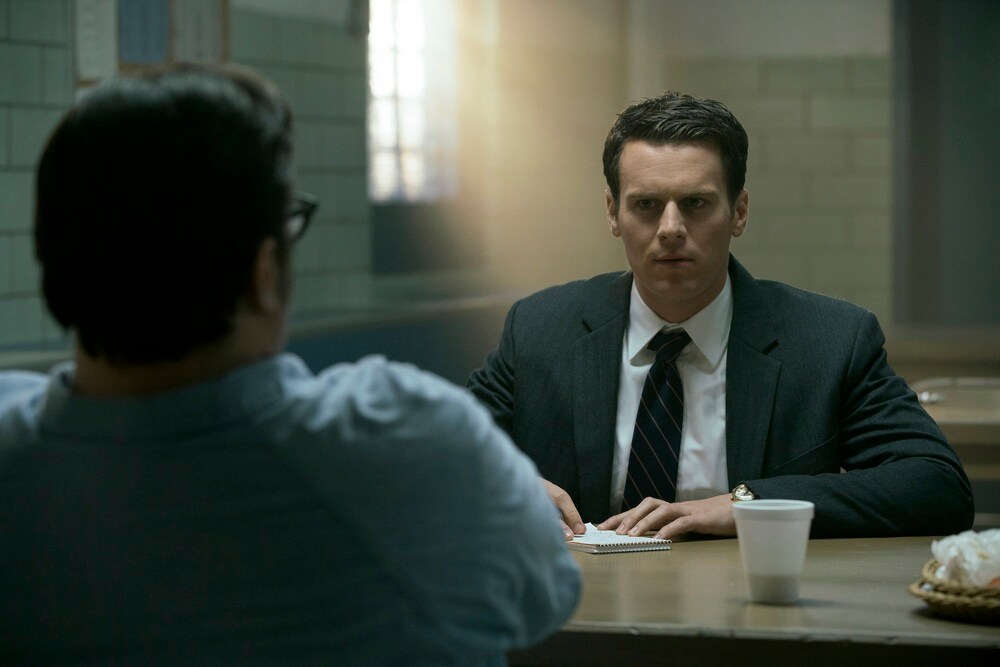Once Upon a Time in the FBI
Mindhunter, a Netflix series produced by the masterful David Fincher, presents the birth of the FBI’s Behavioral Science Unit or the term serial killer
The FBI’s Behavioral Science Unit has inspired several feature films and series, such as The Silence of the Lambs, Criminal Minds, Hannibal, and now the Netflix production Mindhunter. However, the series now running its second season significantly differs from the rest in one particular point. Whereas all other series present the work of established profilers of the FBI, the subject of Mindhunter is the birth of the Behavioral Science Unit.
Two FBI agents, John E. Douglas and Robert Ressler, decided in 1976 to make a comprehensive database of all “sequence killers” based on their behaviour, motivations, and the typology of their crimes. They interviewed serial predators across prisons in the US and began applying in the field the methodology they created based on these interviews. Later on, in the 1990s, the retired special agent Douglas wrote the story of how profiling was born in his book Mindhunter – Inside the FBI’s Elite Serial Crime Unit.
The series’ creator Joe Penhall and director David Fincher used this book as the basis for the script. It wasn’t a pioneering endeavour for the director: he had already dealt with agents chasing serial killers first in his film Seven, then in Zodiac. The latter can be seen as a kind of preparation for the Mindhunter in certain respects. Zodiac is a real crime story of the Zodiac killer, a real-life serial killer active in the 1970s. He killed nine people and wounded two more, sent letters to the police and the press, but he was never captured. The film was a huge success, and Fincher took to Netflix the very same kind of film that he had practiced ten years before.
Although the Mindhunter is about brutal murders and the criminals who committed them, its main asset is the atmosphere it creates. Fincher does a great job in creating a feel of the 1970s not just by the iconography – costumes and setting – but also by music, and the style and colouring of the takes.
However, it is not just the always exceptional Fincher who gets all the credit for the series. The script writers, headed by Joe Penhall, also did an outstanding job. The first season is an intriguing presentation of the beginnings of profiling: agents Holden Ford (modelled on Douglas, played by Jonathan Groff) and Bill Tench (Holt McCallany), with the help of psychology professor Wendy Carr (Anna Torv) interview convicted criminals – like their alter-egos did in real life. Each one of these dialogues is based on reality. For instance, in the first season, the scene when Edmund Kemper (Cameron Britton), known as the “Co-Ed Killer” for murdering student girls, tells Holden who visits him alone that he could very easily kill him is exactly what happened with Douglas in real life. While the acting is exceptional too, the real strength of these scenes, and of the entire series, are the dialogues.
In addition to Kemper, they interviewed other famed serial killers like David Berkowitz known as Son of Sam, the nurse rapist and killer Richard Speck, or even Charles Manson himself. The latter appears in one episode of the second season, giving the opportunity to Damon Harriman, benched in the Once Upon a Time in Hollywood, to prove that his portrayal of the cult leader can be fearsomely exceptional. Not surprisingly, these brilliant performances make the viewer want to see more of these monsters, more of Kemper, of Manson, and simply more of Holden’s interviews on the whole.
The second season offers much fewer such interviews. The current season, it seems, moved the focus from theory to practice, presenting in three full episodes how the theory works in the field through the case of the Atlanta child murder.
Along with the interviews, Holden’s figure is also pushed somewhat to the background during the new season, to make place for his partners Bill and Wendy. While Bill’s family crisis is an exciting addition to the story, Wendy’s private life is more of an illustration of a social issue, an insight into the love life and hardships of the lesbian psychologist. However, the representation of these relationships is not overwhelming enough to turn the limelight away from Holden. He is the embodiment of the Mindhunter- and true crime-fan obsessing about psychopaths and serial killers, while his environment (here: Bill) watches bewildered his strange hobby. Besides, the acting of Jonathan Groff impersonating agent Holden Ford, previously mostly known from musicals (Kristoff’s voice in Frozen!) is so captivating that it would be a sin not to keep him in the focus. Mindhunter is thus a series outstanding in all respects, and undoubtedly worthy of critical and public acclaim, as well as awards – albeit not too many so far. Since the series is focussing on cases of the FBI’s Behavioral Science Unit, it can be expected that Ted Bundy, one of America’s most notorious serial killers, will also appear in one of the episodes, as Douglas claimed that he was the only criminal he interviewed who could creep into his head.
Ha tetszik, amit csinálunk, kérünk, szállj be a finanszírozásunkba, akár csak havi pár euróval!

